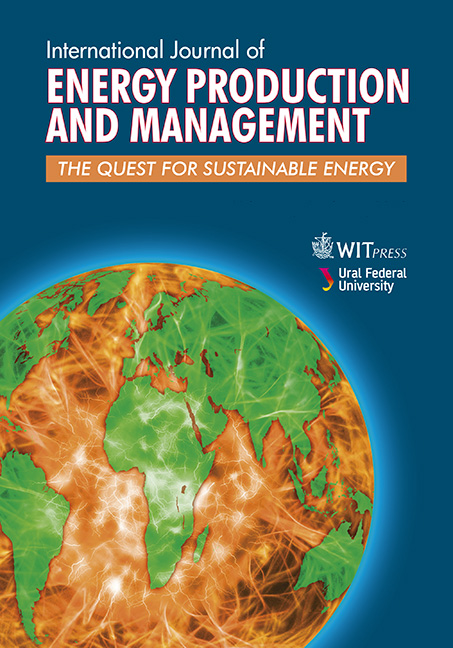Short Communication: Has Indonesia been unable to compete in the world biodiesel trade during the implementation of the biodiesel blending mandate?
Price
Free (open access)
Volume
Volume 7 (2022), Issue 4
Pages
6
Page Range
331 - 337
Paper DOI
10.2495/EQ-V7-N4-331-337
Copyright
WIT Press
Author(s)
Yoyon Muzayyin, Masyhuri & Dwidjono Hadi Darwanto
Abstract
To meet the domestic demand for biodiesel, because the application of the biodiesel blending mandate is very aggressive and even exceeds that of all countries in the world, it is suspected that Indonesia, which is involved in export trade, has lost its export competitiveness when compared to other leading biodiesel exporting countries in the world. The purpose of this study is to determine whether biodiesel can survive or lose its competitiveness with the application of the biodiesel blend- ing mandate in that country which is the highest when compared to all other biodiesel producing and exporting countries. By using the analysis method of export market share and comparative advantage, research was conducted to determine whether Indonesian biodiesel has export competitiveness or not when compared to other leading biodiesel exporting countries. The results show that the average market share of Indonesia’s biodiesel exports is still higher when compared to that of the majority of biodiesel exporting countries and including biodiesel exporting countries that have a comparative advantage even when the biodiesel blending mandate is enforced every year com- pared to the majority of the world’s leading biodiesel exporting countries that have a comparative disadvantage.
Keywords
comparative advantage, competitiveness, energy policy, market share, Palm biodiesel




